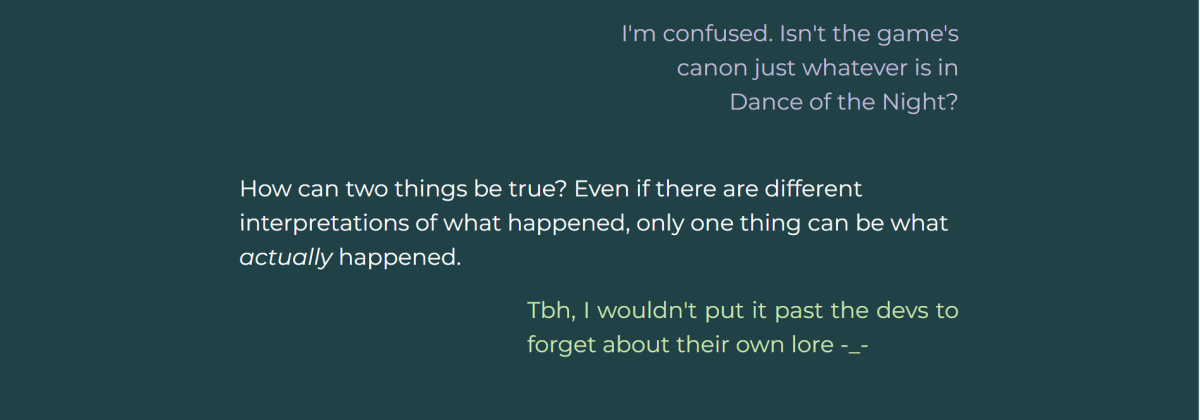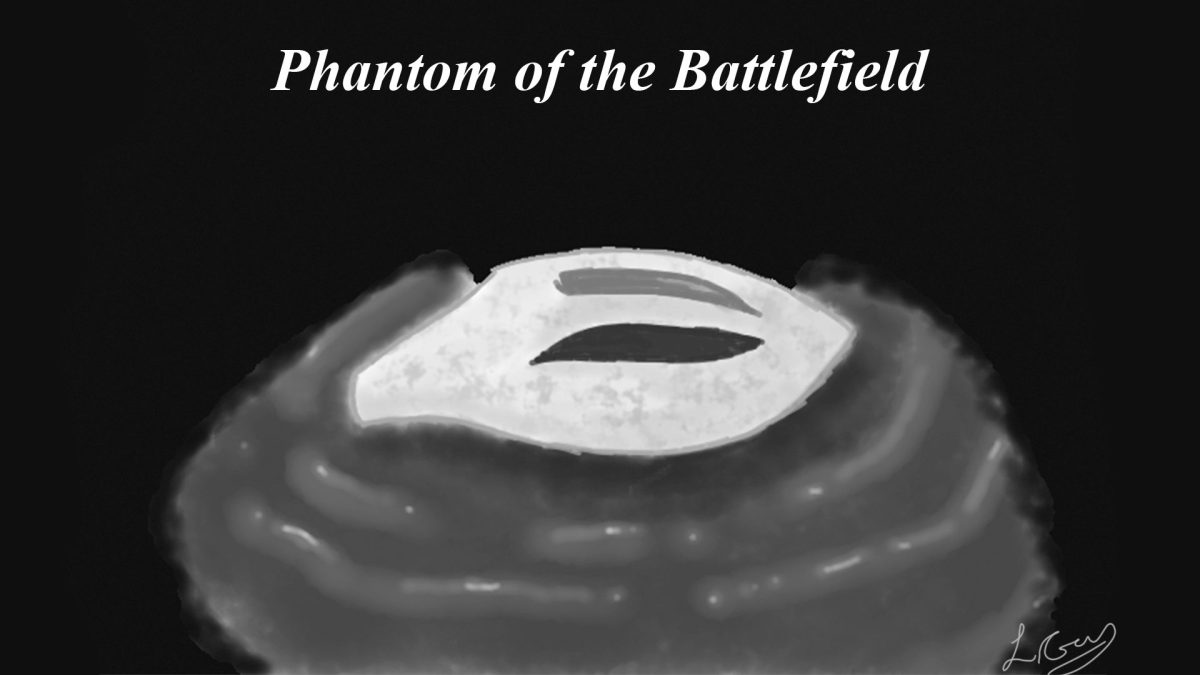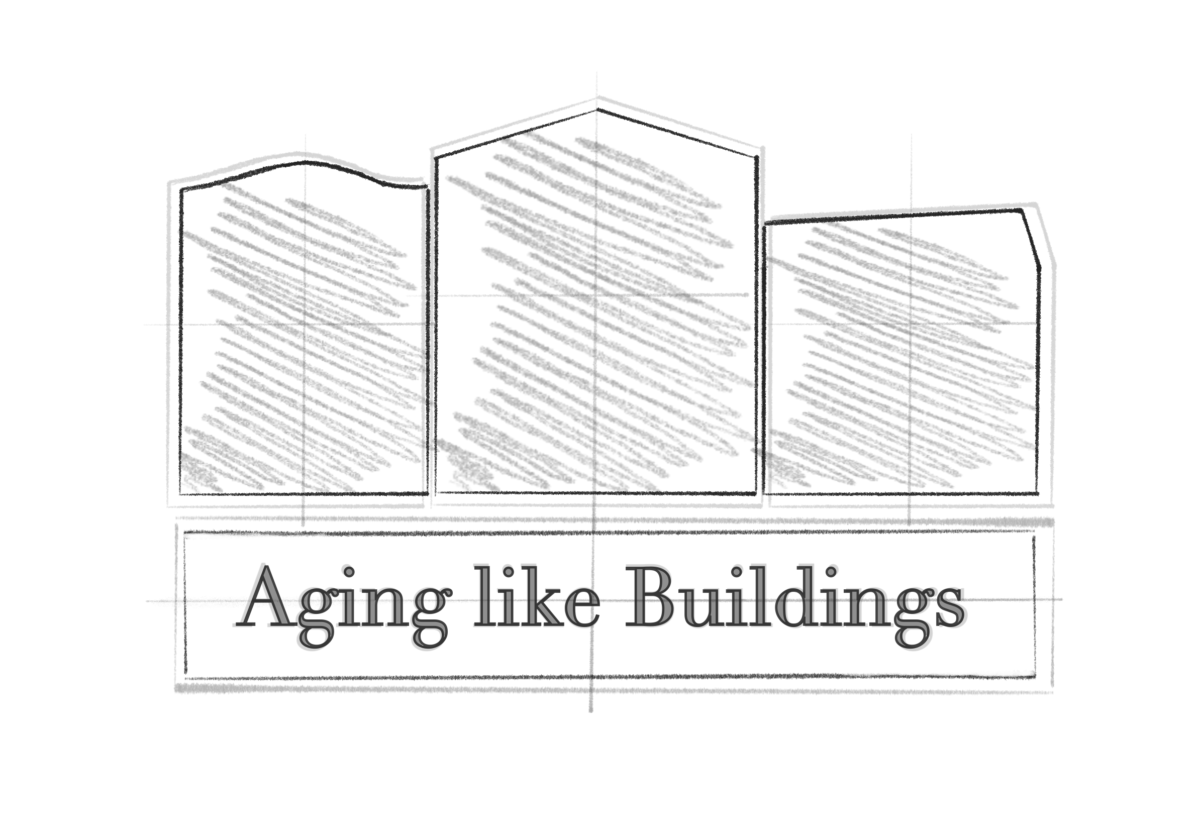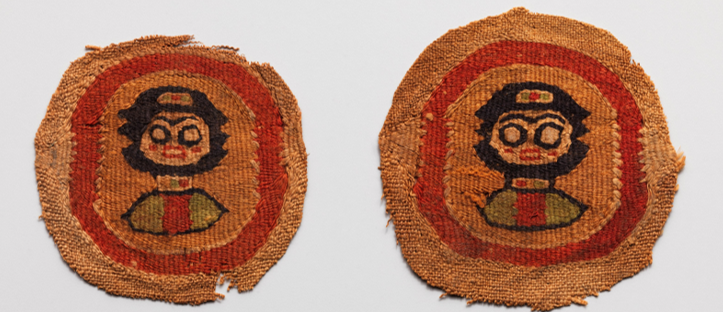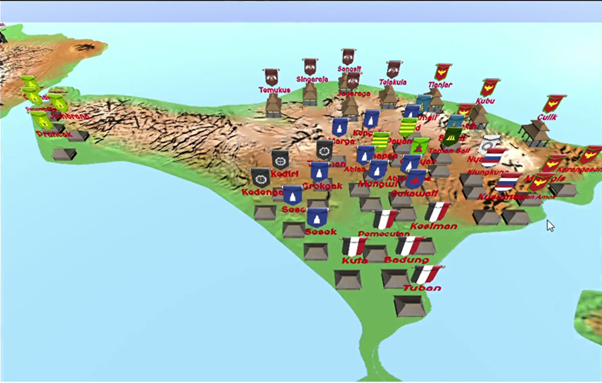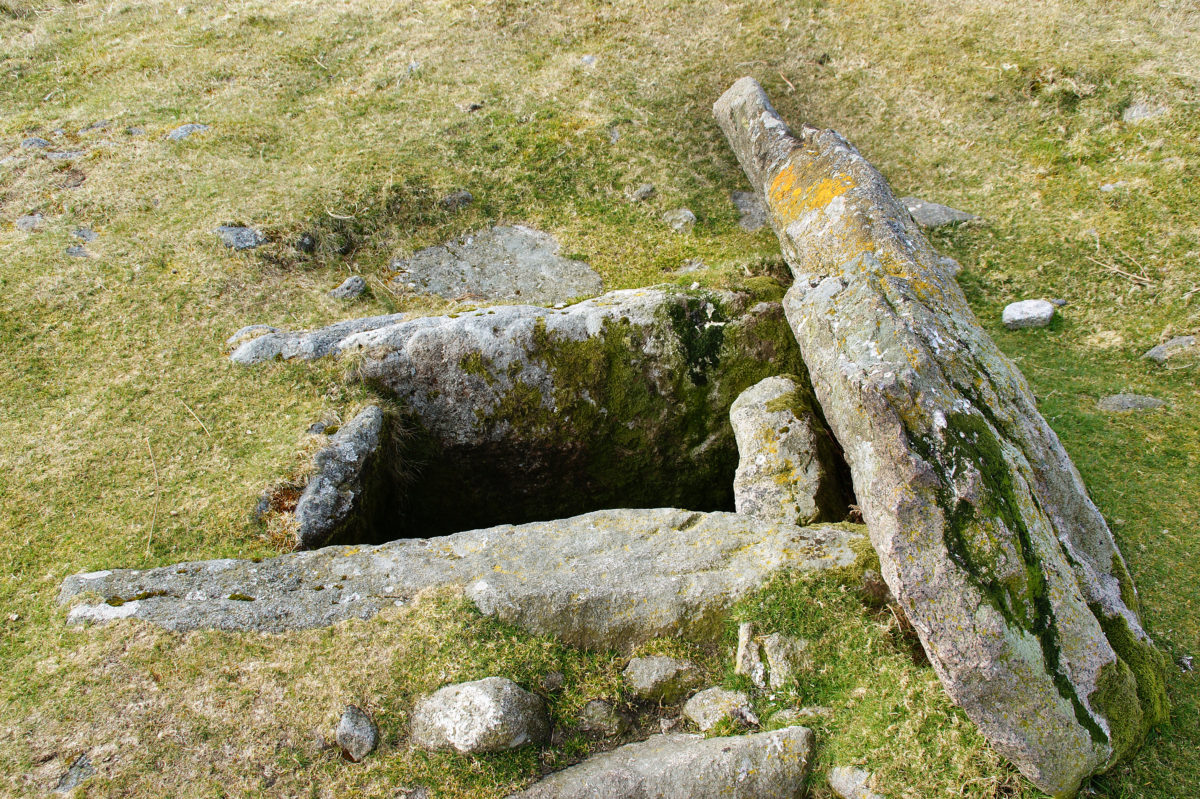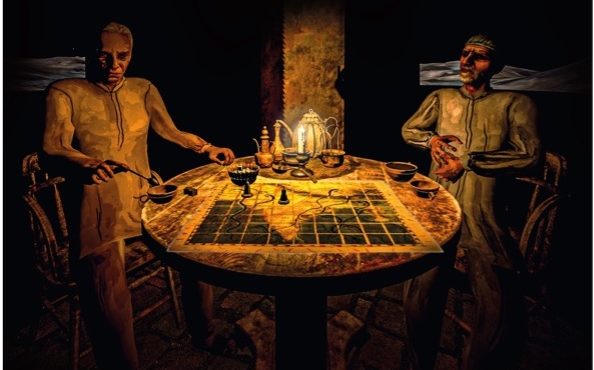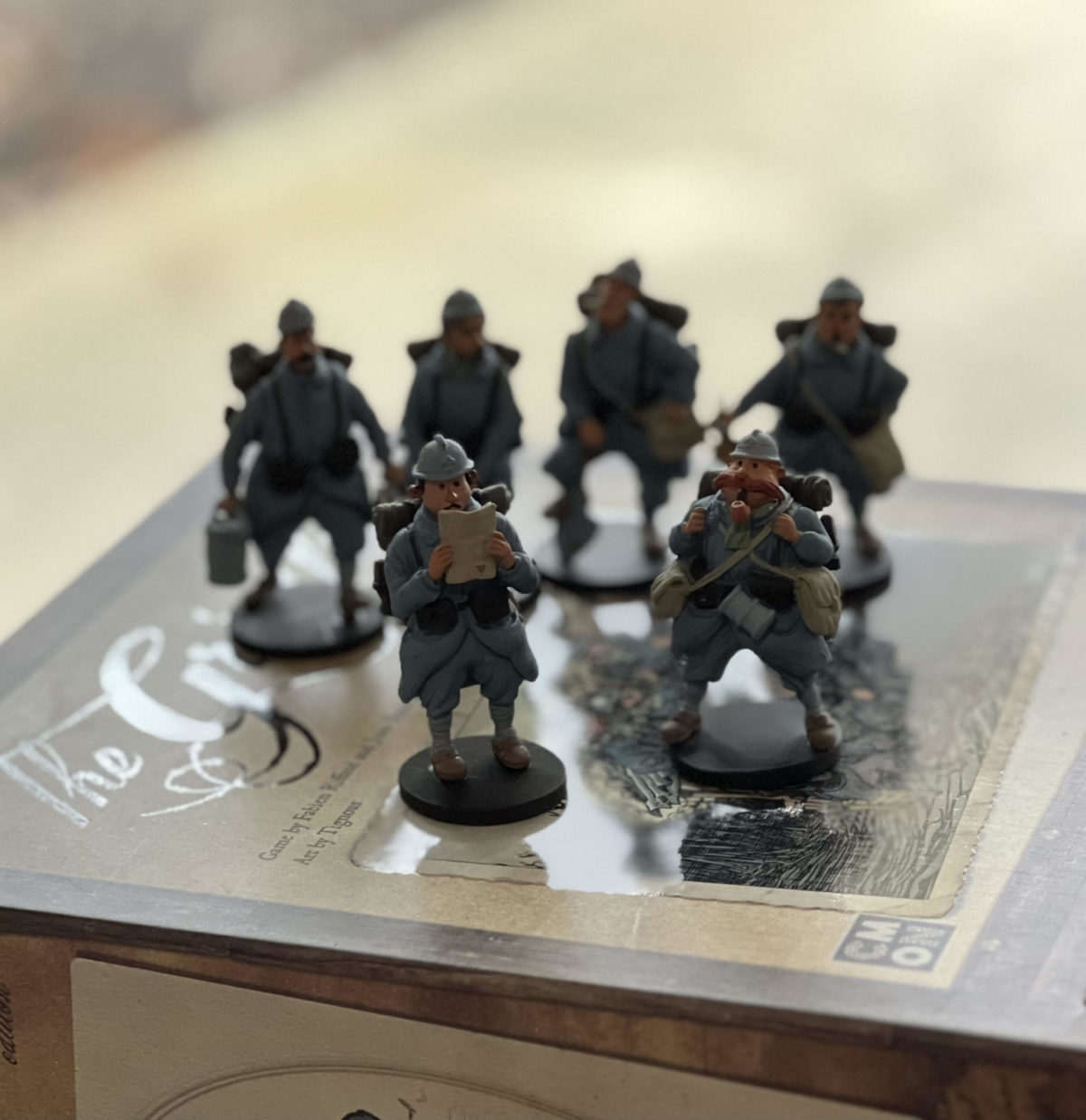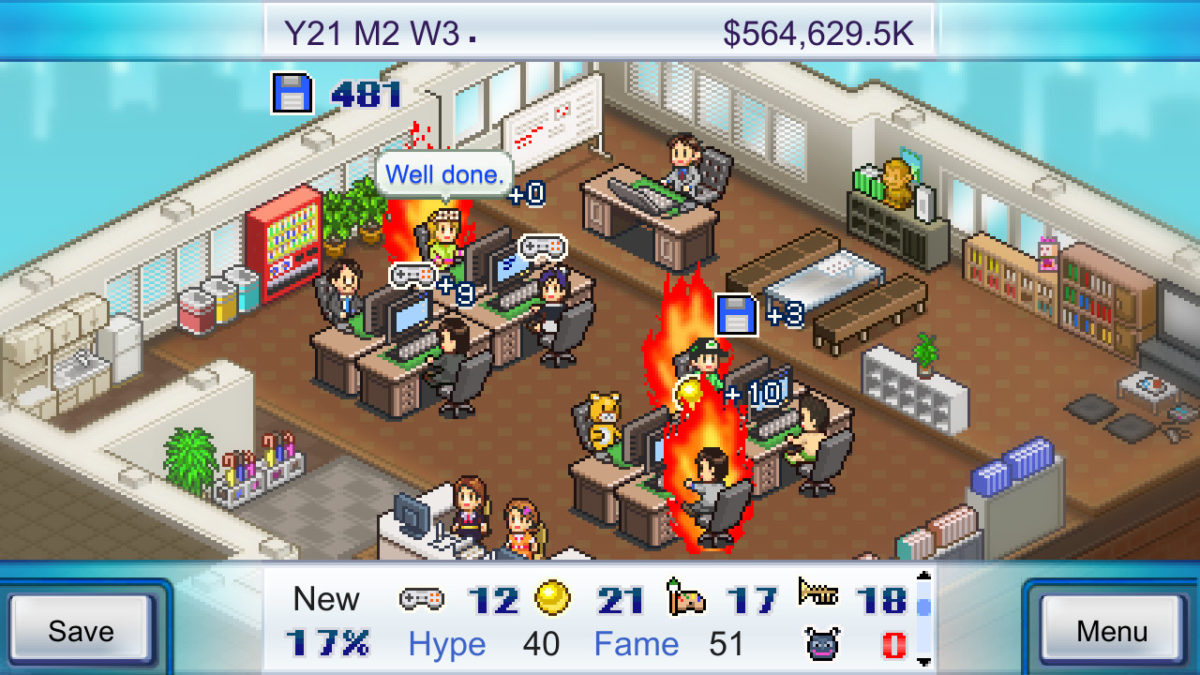Click here to download and play “You’re ruining my lore” (via Holly Nielsen, itch.io) This is a short interactive fiction vignette I created to explore some of the ideas (and my own personal perspective and feelings) around “lore” in games, what it has come to mean, and the role of players in the creation of […]
You’re ruining my lore
